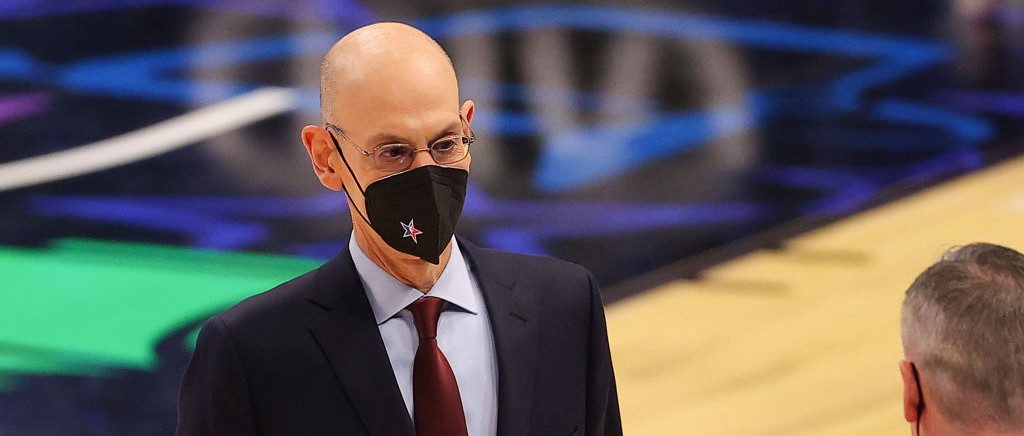A week ago, a jury in Minneapolis found former police officer Derek Chauvin guilty on all three charges — second degree murder, third degree murder, and second degree manslaughter — for killing George Floyd by kneeling on his neck for nearly nine minutes. For NBA players, who had spent last summer leading and participating in protests following the murder of Floyd, the response was mostly one of relief, that finally a guilty verdict had been handed down to an officer filmed on camera killing a Black citizen.
As many noted, far too often the officers involved in such incidents get lesser charges or walk altogether, which only further exemplifies the way the system is built to fail Black Americans. For Chauvin to be convicted provided less a sense of victory than a sense that finally some accountability was handed down — many, including LeBron James and Karl-Anthony Towns, made sure to note this was accountability, not justice, as justice would’ve been George Floyd being alive and getting his day in court for any alleged criminal activity, rather than being murdered in the street.
On Tuesday, an interview with NBA commissioner Adam Silver was published by Time, in which he was asked for his reaction to the Chauvin verdict.
“I had a sense of pride in our system,” Silver said. “It was an opportunity for me to reflect and realize that there’s a reason why, despite its flaws, our country is so special and unique and great. Here was a tragedy that played out on video for the American public, but with an ultimate outcome that at least people could say, as terrible as this killing was, we do have a system we can believe in, where justice is meted out fairly.”
For the commissioner of a league that has had players step up to be such vocal leaders in calling for systemic change to say this provided him a “sense of pride in our system,” is simply a major misstep on his part. You could say there was a sense of relief or even happiness that there was finally accountability handed down for such an action, but to say it means we have a “system we can believe in” when players have been pointing out regularly how that is far from the case simply misses the mark for what this comment should’ve been. A system where an officer murders someone and is then convicted of murder is still a system with major flaws, because a functional system — a system that everyone can believe in — is one where brutality and violence from the state doesn’t disproportionately impact a portion of the population.







